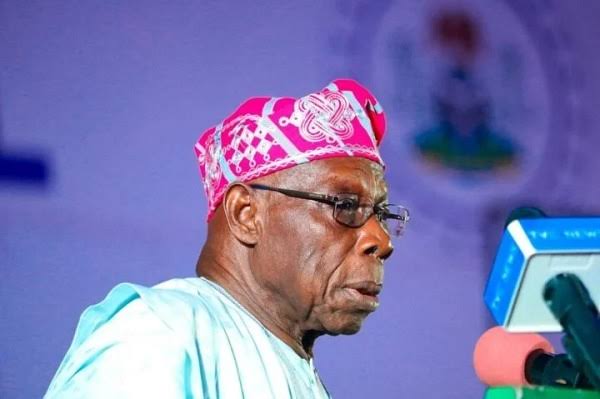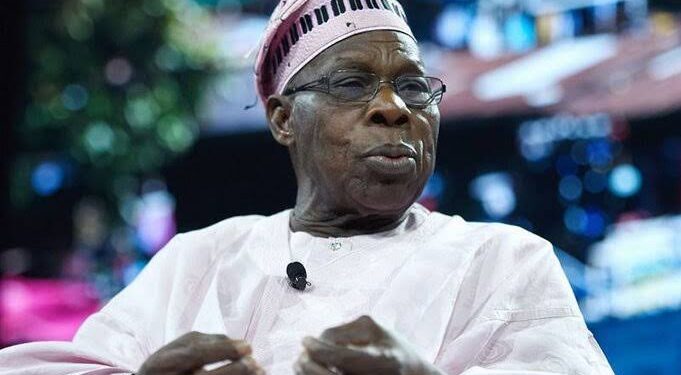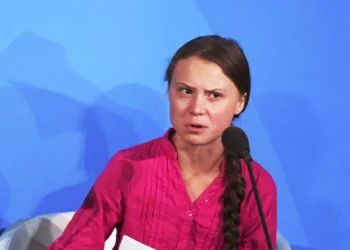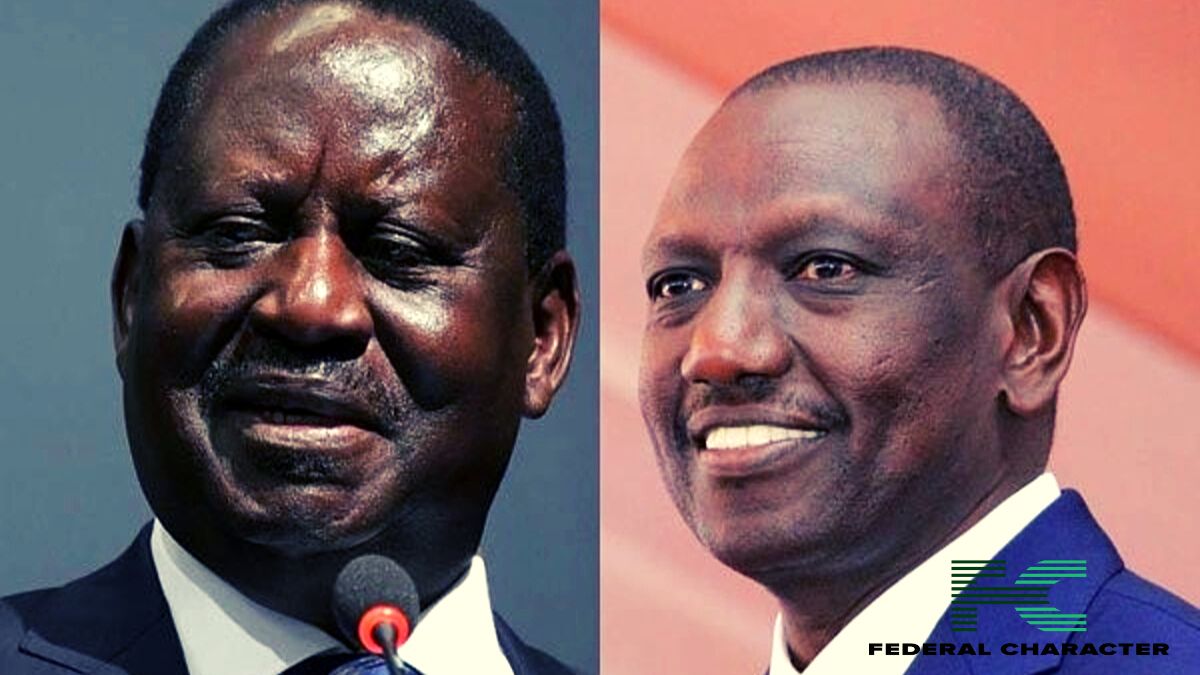Former President Olusegun Obasanjo, a key figure in Nigeria’s political landscape, has consistently advocated for better leadership practices. During the Leadership Empowerment International Conference held in Abeokuta, Ogun State, he did not shy away from criticizing the current state of governance.
Obasanjo, who has served as both a military and civilian leader, used his platform to emphasize that the country’s prolonged stagnation in socioeconomic and political realms is largely due to ineffective leadership. Obasanjo emphasized that the only path forward for Nigeria is for “self-centered” leaders to step aside, allowing for more effective leadership to emerge.
The Impact of Self-Centred Leadership
In his speech, Obasanjo highlighted that the pervasive culture of self-centered leadership has deeply rooted itself at all levels of governance in Nigeria. He pointed out that this type of leadership is not only lacking in knowledge and understanding but also fails to prioritize the well-being of the populace.
The consequences of such leadership are evident in the country’s persistent economic challenges, high levels of poverty, and a lack of significant development in key sectors. Obasanjo argued that a leadership style that does not place service at its core is detrimental to national progress and urged for a paradigm shift towards more inclusive and service-oriented governance.

A Call for Transformational Leadership
Obasanjo made a compelling case for the need to replace transactional leaders—who are primarily focused on personal gain—with transformational leaders who are committed to driving positive change in Nigeria. He noted that transformational leaders are essential for fostering good governance, transparency, and accountability, which are crucial for the country’s development.
Obasanjo stressed that leadership is a lifelong commitment and that even those who are older or retired still have a role to play in mentoring and guiding the next generation of leaders. He called on Nigerians to support leaders who embody these values and to push for a leadership culture that prioritizes the collective good over personal interests.
Commendation for Leadership Recognition Efforts
Obasanjo lauded the Leadership Empowerment International Conference and its organizers for their efforts in recognizing and promoting leadership excellence in Nigeria. He particularly commended Prof. Olusesi Obateye and Prof. Van Den Berg Edward Alfred for their roles in identifying and encouraging Nigerians who have demonstrated strong leadership qualities.
Obasanjo emphasized that initiatives like these are vital for nurturing the kind of leadership that Nigeria needs to overcome its challenges. He noted that by acknowledging and celebrating effective leaders, the conference is contributing to the development of a leadership culture that values service, integrity, and accountability.
The Need for Responsible Leadership
Prof. Olusesi Obateye, speaking on the theme of the conference, “Responsible and Responsive Leadership,” highlighted the critical shortage of effective leaders as a significant obstacle to Nigeria’s progress. He noted that despite nearly 64 years of independence, the country still struggles with underdevelopment largely due to poor leadership. Obateye stressed the importance of cultivating leaders who are not only capable but also committed to responding to the needs of the people. He called for a collective effort to instill responsible leadership practices across all sectors of society, arguing that this is key to unlocking Nigeria’s full potential.
Honorees at the Leadership Empowerment Conference
The conference, which brought together various stakeholders, also served as a platform to honor individuals who have made significant contributions to leadership in Nigeria. Among the 25 distinguished honorees were notable figures such as Engr. Anthony Ojeshina, Hon. Kehinde Sogunle, and Hon. Dele Obadina, all of whom served as Commissioners in Ogun State. Their contributions to public service were recognized as exemplary models of leadership.
Additionally, Chief Joju Fadairo, a former State Chairman of the Peoples Democratic Party (PDP), and Engr. Oluwatoyin Jokosenumi, a former Director at the Central Bank of Nigeria, was also awarded honorary doctorates in leadership. These awards underscore the importance of recognizing and encouraging those who have demonstrated a commitment to leadership excellence in various fields.

















